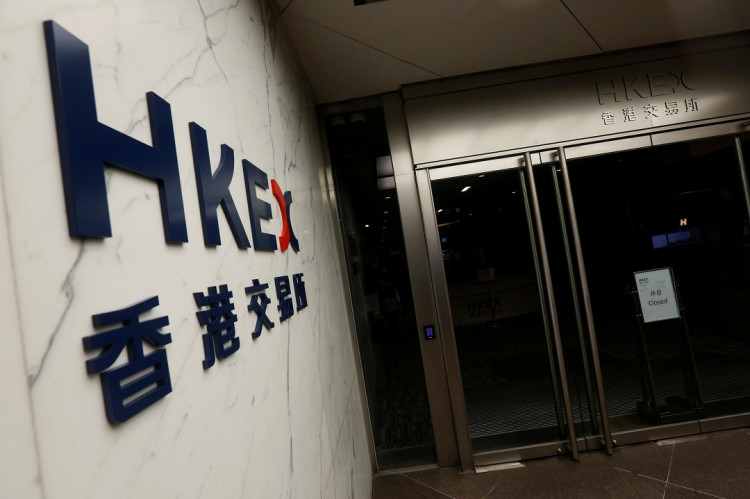Standard Chartered-backed Chinese lender China Bohai Bank has revealed plans to go public in Hong Kong with the aim of raising more than $2 billion in new capital. The mid-sized lender has reportedly already picked the lead financial institutions to help it with its planned initial public offering (IPO) in Hong Kong.
According to reports citing sources close to the matter, China Bohai Bank has picked ABC International Holdings, Haitong International Securities Group, CLSA, CCB International Holdings to sponsor its planned share sale. The same reports have also revealed that the Tianjin-based bank will list its shares in Hong Kong by the second half of 2020.
The planned IPO is one of a number of new planned listings in Hong Kong by financial institutions looking to raise new capital amid rising bad loans and the overall global economic slowdown. Policymakers in China have also started calling on banks to go public to help revive the country's growth. Raising capital through IPOs will apparently give banks the ability to provide more loans, which is badly needed by the cash-starved sectors.
Similar to other banks in China, Bohai Bank has seen its non-performing loan ratio rise by significant amounts over the past few years. In 2018, the bank reported that it saw its non-performing loan ratio rise by 1.84 percent and its total revenues declining by 8.1 percent.
China Bohai Bank currently holds around $142 billion in assets. The bank is being backed by Standard Chartered, which holds a 20 percent stake in the company making it its second-largest shareholder. Bohai Bank's largest shareholder is local government-backed TEDA Investment Holdings, which owns a 25 percent stake in the company.
The decision to go public is a big risk for Bohai Bank given the performance of other financial institutions that have listed before it. Postal Savings Bank of China, one of the country's largest state-owned banks, experienced the lowest demand for its shares in China in over five years. Meanwhile, China Zheshang Bank saw its shares fall below its initial IPO price right after its debut.
Banks that have listed in Hong Kong have lost an average of 10 percent of their value just this year, while smaller lenders have experienced losses of more than 50 percent. The decline in investor appetite for banking stocks has been attributed to the ongoing trade dispute between China and the United States. The trade war continues to increase uncertainties in the markets, unnerving investors and curbing risk appetites.






